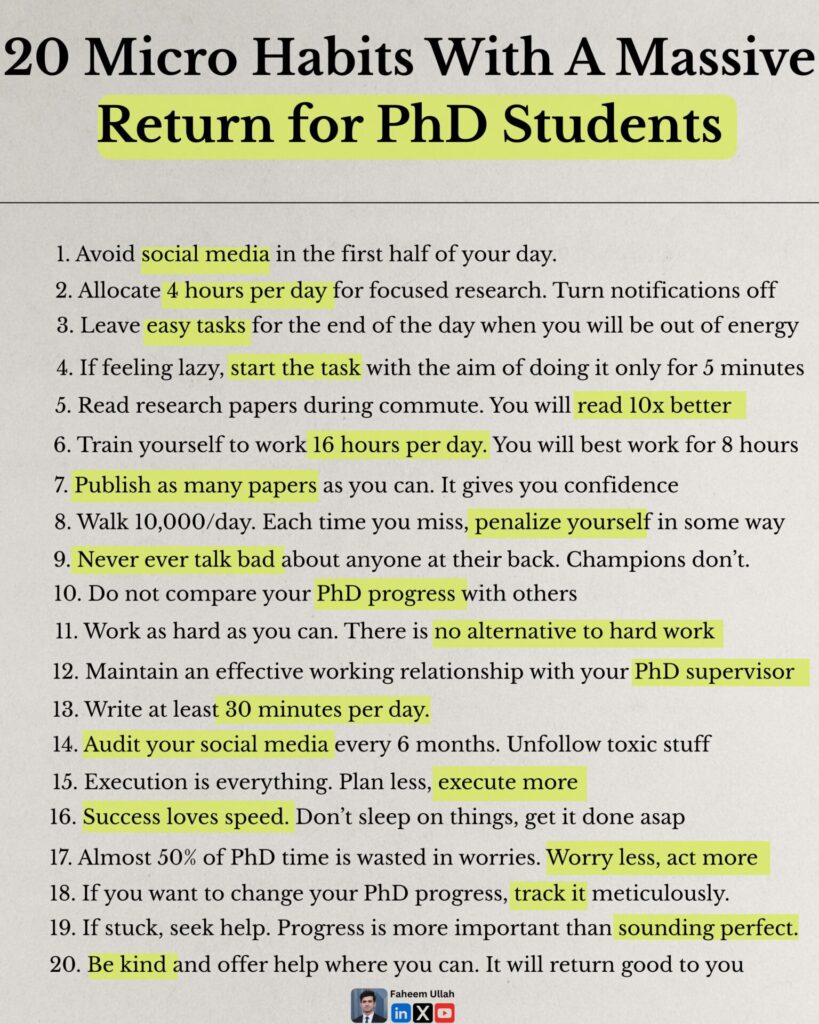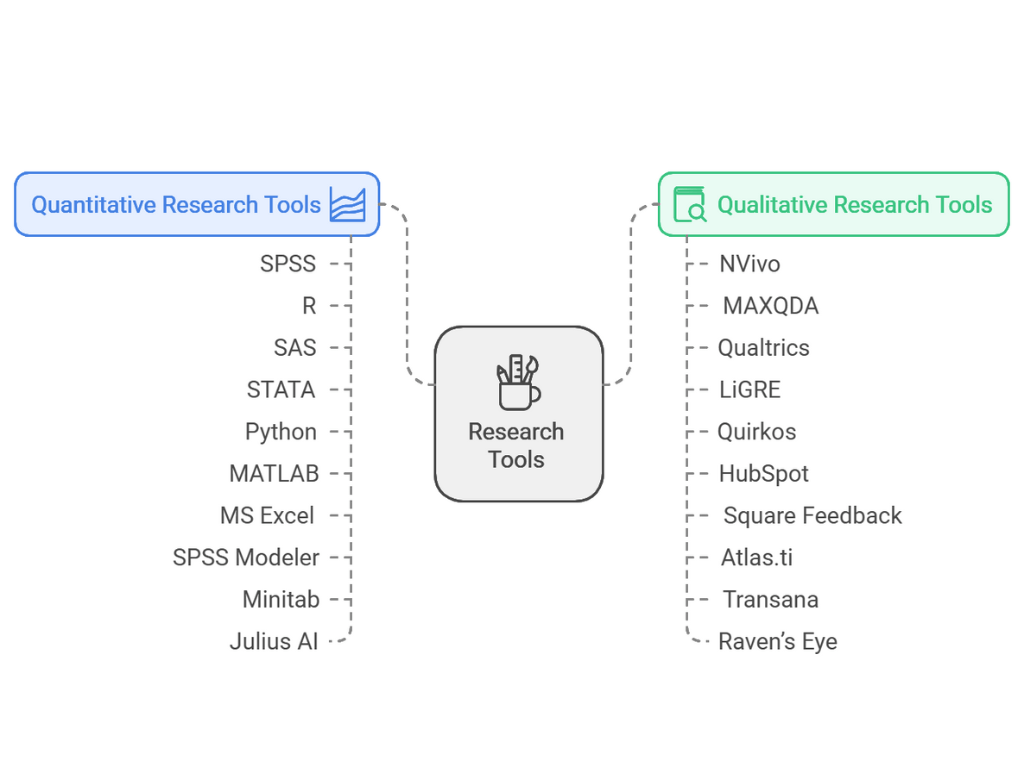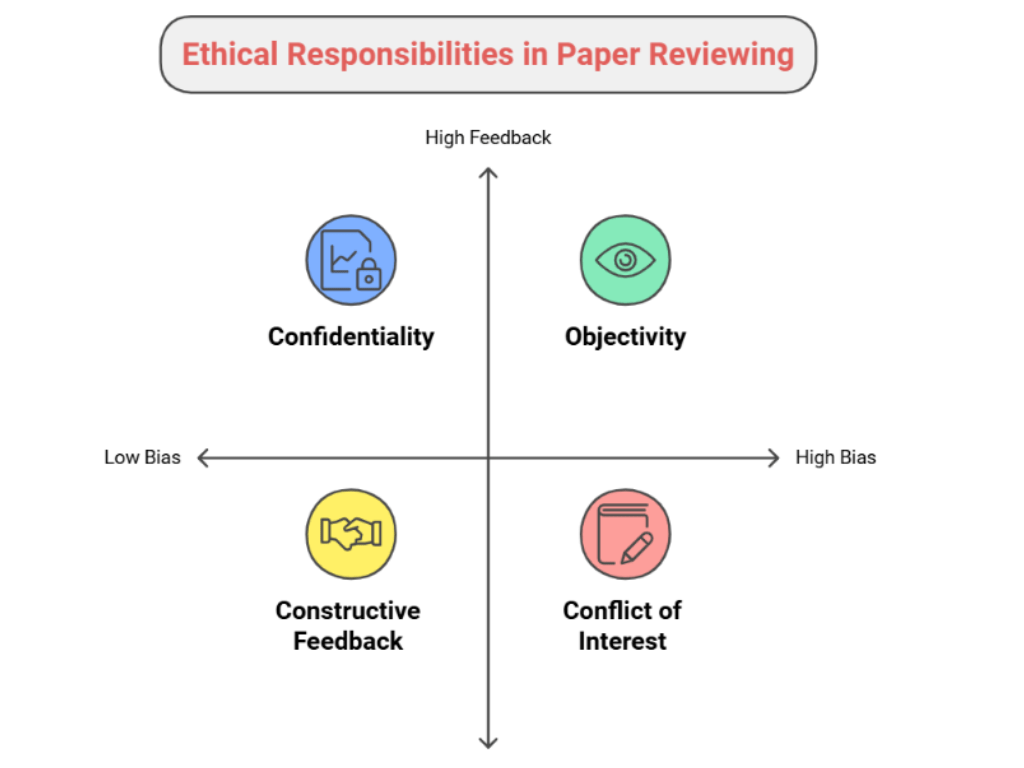
Doing a PhD is not just about intelligence.
It’s about discipline.
It’s about small daily actions that create big results.
Here are 20 simple habits that can transform your PhD journey.
They are easy to understand. But the real power comes from practicing them consistently.

1. Avoid Social Media in the First Half of Your Day
The start of your day sets the tone for everything else.
If you open social media first thing in the morning, you will get distracted.
Your brain will be filled with other people’s priorities.
Instead, use your mornings for your own work — reading, writing, or analyzing data.
Social media can wait.
2. Allocate 4 Hours a Day for Focused Research
Every day, reserve at least 4 hours for deep, uninterrupted work.
Turn off notifications.
Close your email.
Shut your door if possible.
These focused hours are where your best ideas will come from.
Quality research needs long, quiet thinking time.
Do you need a tool to help you in writing a research paper?
Meet AnswerThis – a tool specifically designed for writing research papers.
With AnswerThis, you can:
- Conduct a literature review
- Create paper outline
- Use AI editor to write papers
- Identify research gaps
- Paraphrase your writing
- And much more
Try it for FREE – www.answerthis.io
3. Leave Easy Tasks for the End of the Day
Don’t waste your best energy on simple tasks.
Use your mornings for the hard work — writing, designing experiments, or data analysis.
Save things like email replies, formatting, and reference checks for later in the day.
When you’re tired, these lighter tasks will still get done.
4. Start the Task — Even if Only for 5 Minutes
When you feel lazy, don’t over think it.
Tell yourself, “I’ll just start this for 5 minutes.”
Once you begin, it’s easier to keep going.
The hardest part is starting.
5. Read Research Papers During Your Commute
If you travel to your university or lab, use that time.
Read papers instead of scrolling your phone.
Your brain is fresh, and you’ll absorb information better.
Over time, these can double the number of papers you read in a year.
6. Train Yourself to Work for Long Hours
Some days will require long stretches of work.
Train yourself to handle it.
Even if your most productive hours are 8 a day, being able to work longer when needed is strength.
Deadlines, experiments, or conferences will sometimes demand it.
7. Publish as Many Papers as You Can
Don’t wait for the “perfect” paper.
Publish your work in small, manageable pieces if possible.
Each publication builds your confidence and academic reputation.
It also improves your writing skills over time.
8. Walk 10,000 Steps a Day
A healthy body supports a healthy mind.
Walking keeps your energy levels high.
If you miss your step goal, set a small penalty for yourself.
Physical movement also helps process ideas subconsciously.
9. Never Speak Badly About Others
Don’t talk negatively about other researchers or colleagues.
It creates negativity in your environment.
Focus on your own work.
Champions spend their energy building, not criticizing.
10. Don’t Compare Your PhD Progress with Others
Every research project is unique.
Your timeline, challenges, and results will be different from your peers.
Comparison leads to frustration.
Instead, focus on improving your own work every day.
11. Work as Hard as You Can
There is no shortcut to hard work.
Show up every day and give your best.
Even if you don’t feel like it, consistent effort compounds into success.
12. Maintain a Good Relationship with Your Supervisor
Your supervisor can be your greatest ally.
Keep communication open and respectful.
Share progress regularly.
Ask for feedback and act on it.
A strong working relationship can make your PhD journey smoother.
13. Write at Least 30 Minutes Every Day
Writing is a skill that improves with daily practice.
Even if you don’t feel inspired, write something.
It could be a paragraph, a methods section, or research notes.
Small daily writing adds up to completed chapters and papers.
14. Audit Your Social Media Every 6 Months
Unfollow toxic accounts.
Remove distractions.
Make your feed a positive and informative space.
Your attention is your most valuable resource — protect it.
15. Execution is Everything
Ideas are easy.
Execution is what matters.
Plan less, do more.
Even imperfect action moves you forward faster than endless planning.
16. Success Loves Speed
Don’t wait too long to act.
If you have a chance to submit a paper, apply for a grant, or attend a conference — do it quickly.
Opportunities don’t wait forever.
17. Worry Less, Act More
Almost half of PhD time can be lost to worrying — about deadlines, results, or the future.
Instead, channel that energy into action.
Taking steps forward reduces anxiety.
18. Track Your PhD Progress
If you want to improve something, measure it.
Track your writing word count, papers read, experiments completed, or data analyzed.
This helps you see patterns and identify what works.
19. Focus on Progress, Not Perfection
Perfection is the enemy of completion.
It’s better to submit a good paper than to keep working on a “perfect” one forever.
Move forward, learn, and improve in the next draft.
20. Be Kind and Help Others
Offer help to fellow students or researchers when you can.
It builds goodwill and creates a supportive network.
Kindness has a way of coming back to you when you need it most.
Final thoughts:
These 20 habits may seem small.
But small habits create big change over time.
Pick a few to start with.
Add more as they become part of your routine.
Your PhD is not just about getting the title “Dr.”
It’s about building discipline, resilience, and habits that will serve you for life.
Don’t forget to read: What Is a Good PhD?
Best of Luck..




